Caffeine and Dry Mouth

| Key Takeaways | Details |
|---|---|
| Saliva's Role | Essential for mouth health. |
| Caffeine's Effect | Can cause dehydration and reduced saliva. |
| Impact on Saliva | Possible direct influence on saliva production. |
| Managing Dry Mouth | - Reduce caffeine. - Increase water intake. - Sugar-free stimulants for saliva. - Seek professional advice if needed. |
| Natural Alternatives | Green tea, herbal teas, yerba mate, etc. |
| Summary | Balance caffeine to maintain oral hydration. |
Starting our day with a refreshing dose of caffeine is a familiar routine for many of us. Whether it's a hot cup of coffee, a cosy mug of tea, or an energy drink, caffeine perks us up and gets us going. However, that energy boost might come with an unexpected downside – dry mouth. This article explores the intriguing connection between caffeine and dry mouth, shedding light on why our beloved morning pick-me-up might leave us feeling parched later in the day.
The Vital Role of Saliva
Before diving into caffeine's effects, let's understand saliva's importance. Saliva isn't just a mouth lubricant; it's a multitasker:
- Cleansing: It rinses away food particles and neutralizes mouth acids, safeguarding our teeth.
- Digestion: Saliva contains enzymes that kick-start digestion before food hits our stomachs.
- Microbial Balance: It helps keep mouth bacteria in check.
- Moisture: Saliva keeps our mouths comfy and aids in everyday activities like eating and talking.

The Dehydrating Effects of Caffeine
Now, onto caffeine. While it perks us up, it also dehydrates us a bit. Caffeine acts as a diuretic, increasing urine production and potentially leading to mild dehydration. When we're low on fluids, our salivary glands struggle to keep our mouths moist.
Potential Direct Impact of Caffeine on Saliva Production
Beyond dehydration, some studies suggest caffeine might directly affect saliva production. Research shows:
- Caffeine can reduce saliva flow rates, potentially by interfering with the nervous system or directly affecting salivary glands.
- In people with dry mouth conditions like Sjögren's syndrome, caffeine worsens symptoms, hinting at a more direct link between caffeine and saliva production.
While more research is needed, these findings hint that caffeine's effect on saliva must go beyond just dehydration.
Making Changes: Balancing Caffeine and Hydration
If you suspect caffeine is causing your dry mouth, here's what you can do:

Natural Alternatives to Caffeine
If you're looking to reduce your caffeine intake but still want a pick-me-up, there are plenty of natural alternatives to consider. Here's a table highlighting some options:
| Natural Alternative | Description |
|---|---|
| Green Tea | Contains less caffeine than coffee but offers a mild energy boost due to its natural antioxidants. |
| Matcha | A powdered form of green tea with a higher caffeine content, providing a sustained energy lift. |
| Herbal Tea | Varieties like peppermint, chamomile, and ginger can be soothing and refreshing without caffeine. |
| Yerba Mate | Rich in vitamins and antioxidants, yerba mate provides a gentle energy boost with less caffeine than coffee. |
| Rooibos | Naturally caffeine-free, rooibos tea offers a smooth, slightly sweet flavor and can be enjoyed hot or cold. |
| Ginseng | Used for centuries in traditional medicine, ginseng is believed to enhance mental clarity and energy levels. |
| Maca Root | Known for its adaptogenic properties, maca root can help combat fatigue and support overall well-being. |
| Dark Chocolate | Contains a small amount of caffeine and theobromine, providing a subtle energy boost and mood enhancement. |
| Fresh Fruit | Snacking on fruits like apples, bananas, and berries can provide a natural energy boost from their natural sugars and vitamins. |
| Nuts and Seeds | Almonds, walnuts, and sunflower seeds are rich in protein, healthy fats, and fibre, providing sustained energy without caffeine. |
These alternatives offer a range of options beyond beverages, providing natural energy boosts and other health benefits without relying on caffeine.

While caffeine kickstarts our mornings, it can also leave us feeling dry-mouthed later on. By understanding caffeine's impact on saliva, we can make informed choices to balance our caffeine intake with hydration. With simple adjustments like cutting back on caffeine and staying hydrated, we can continue enjoying our favourite drinks while keeping our mouths feeling fresh and comfortable all day long.
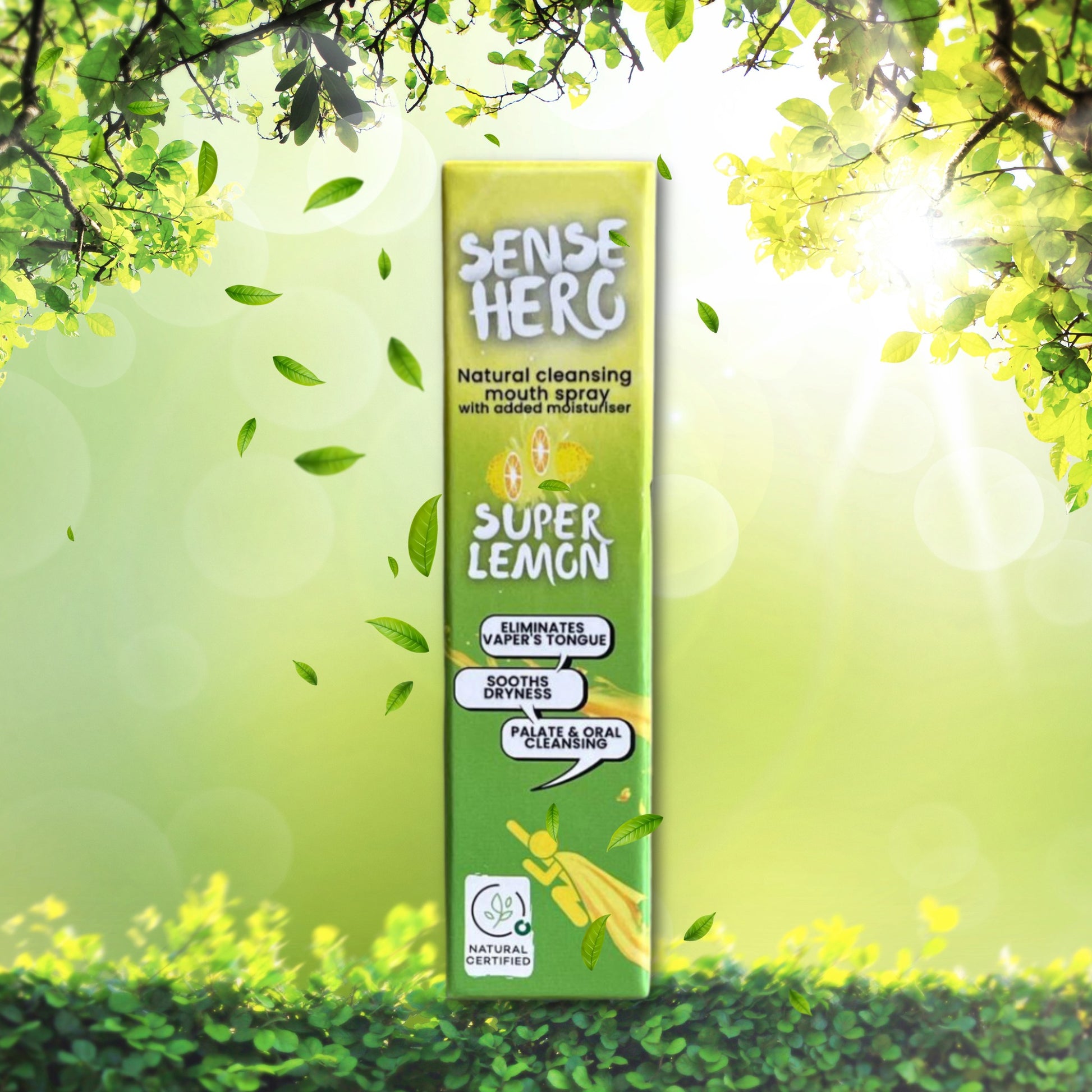
Sense Hero
Sense Hero mouth Spray UK: Quick Fix for Dryness, Vapers Tongue and Palate Cleansing
View full details

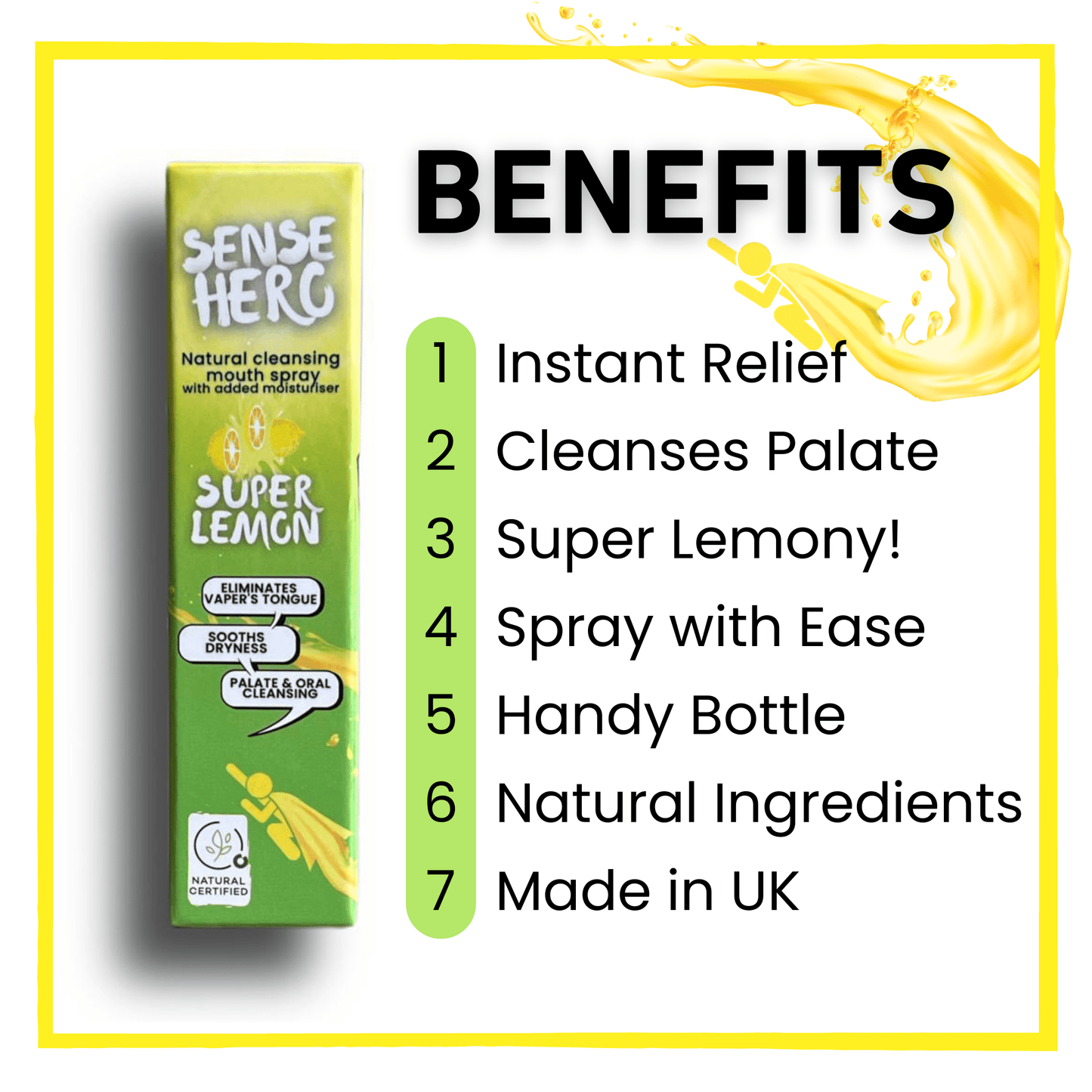
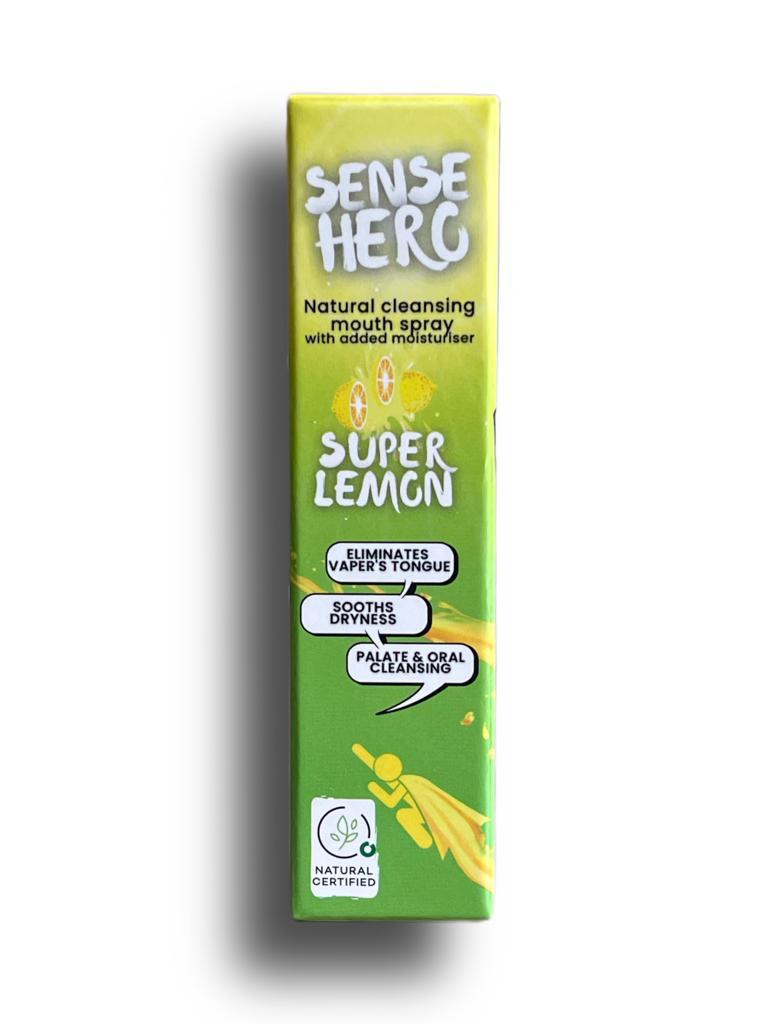
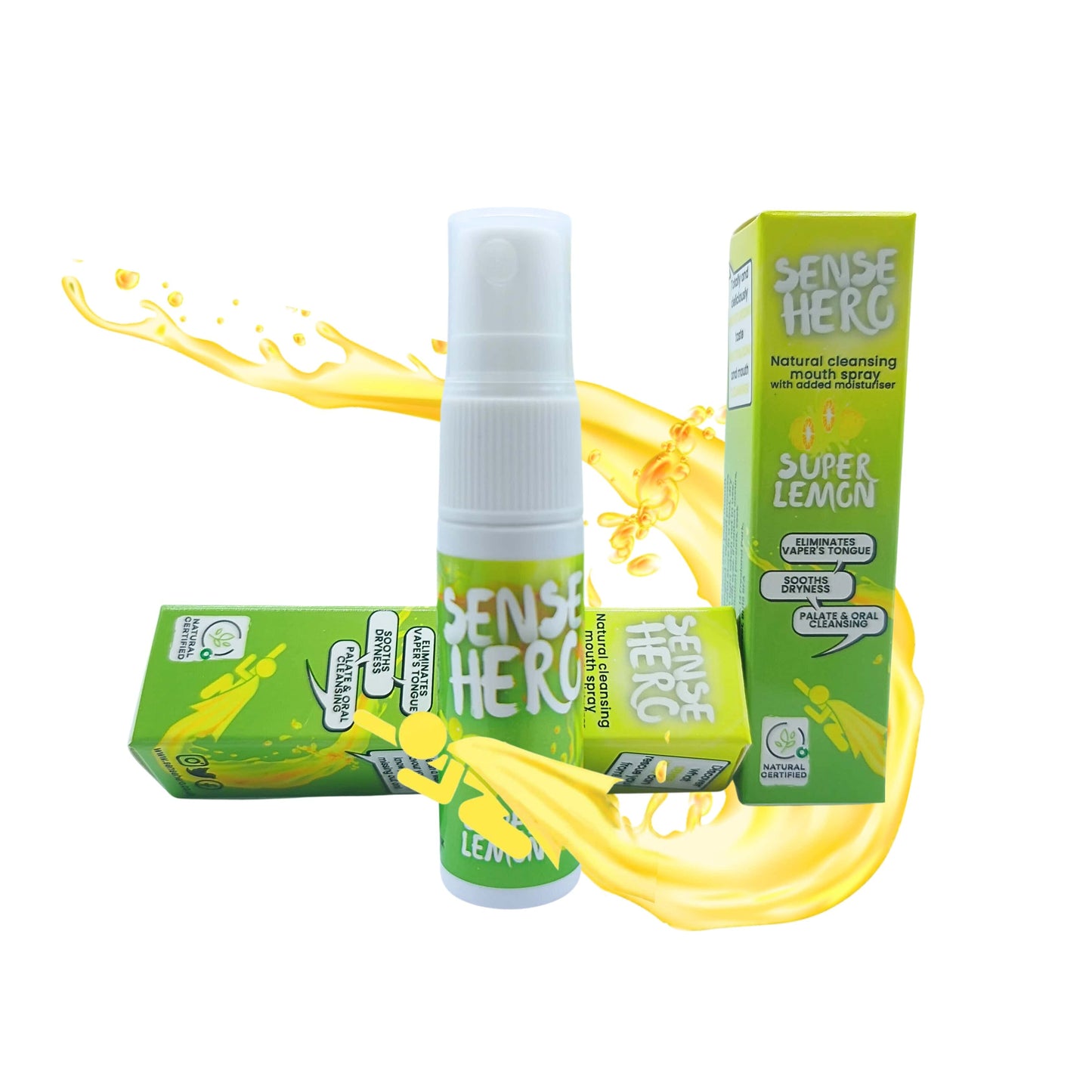
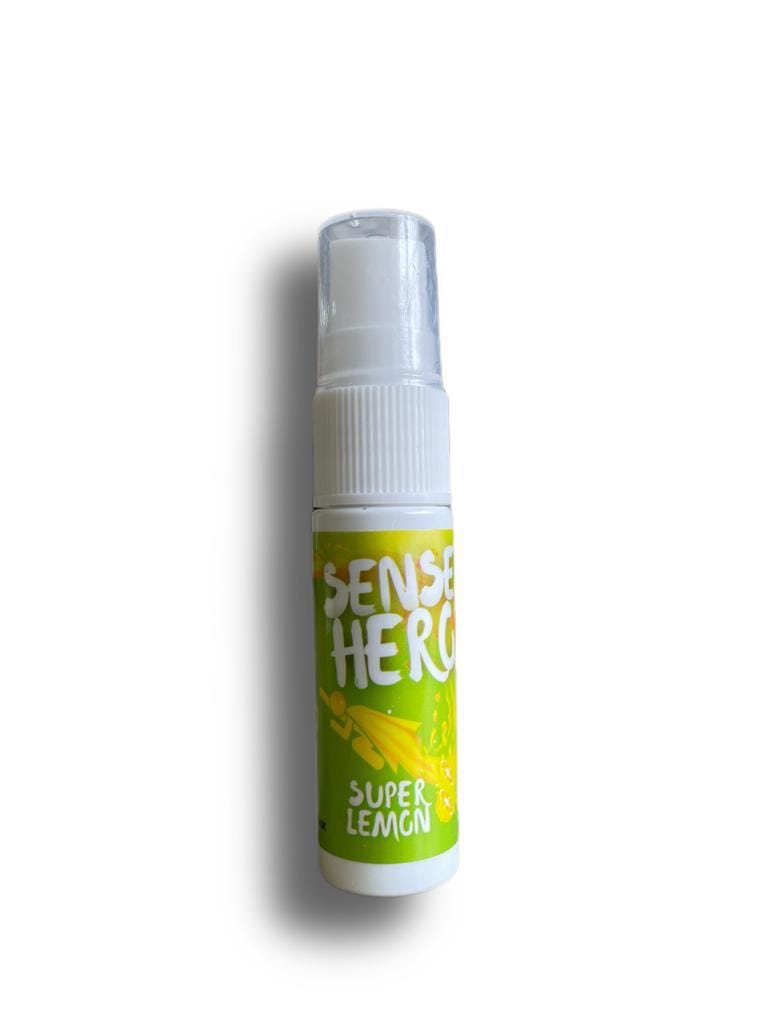
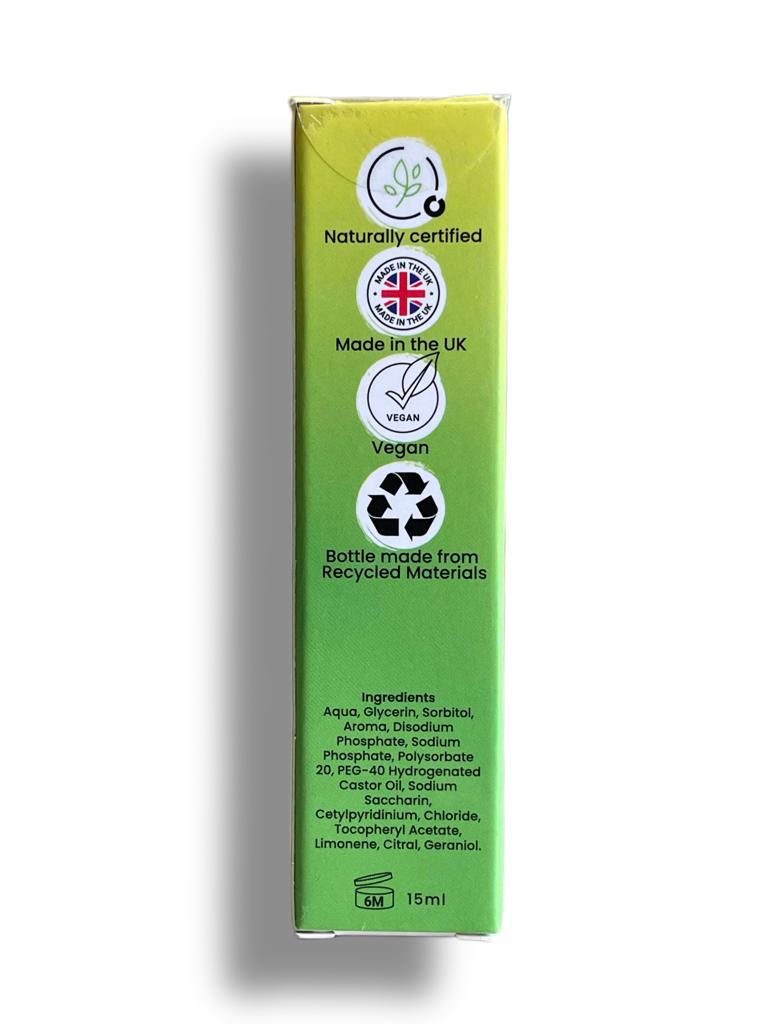

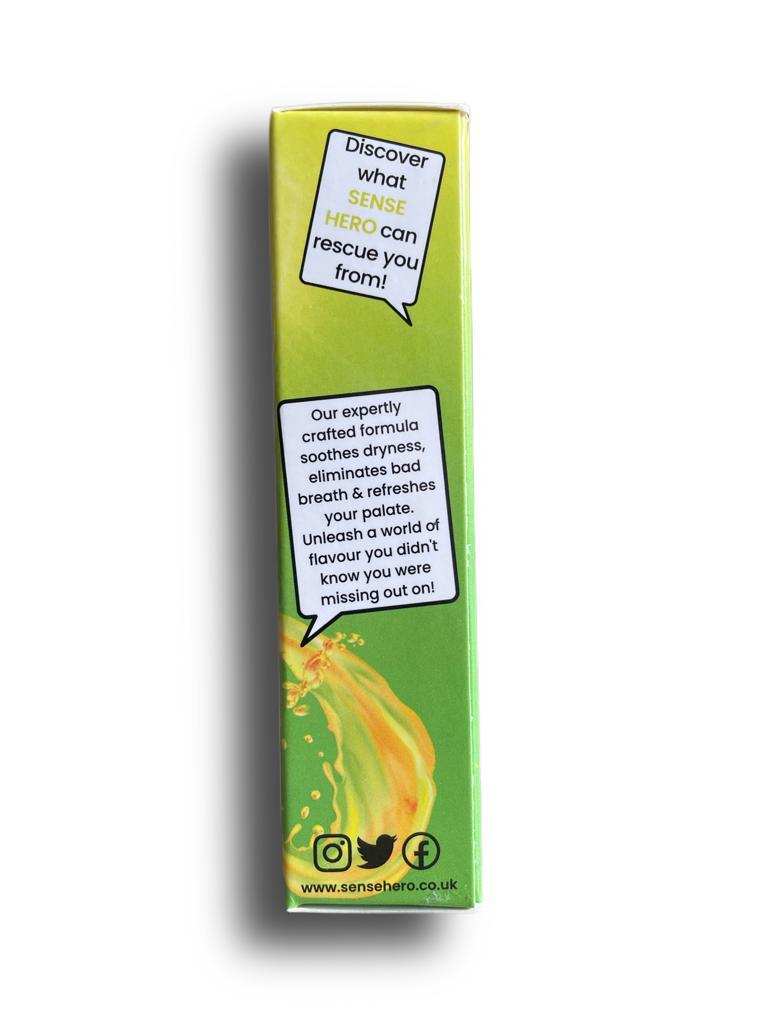
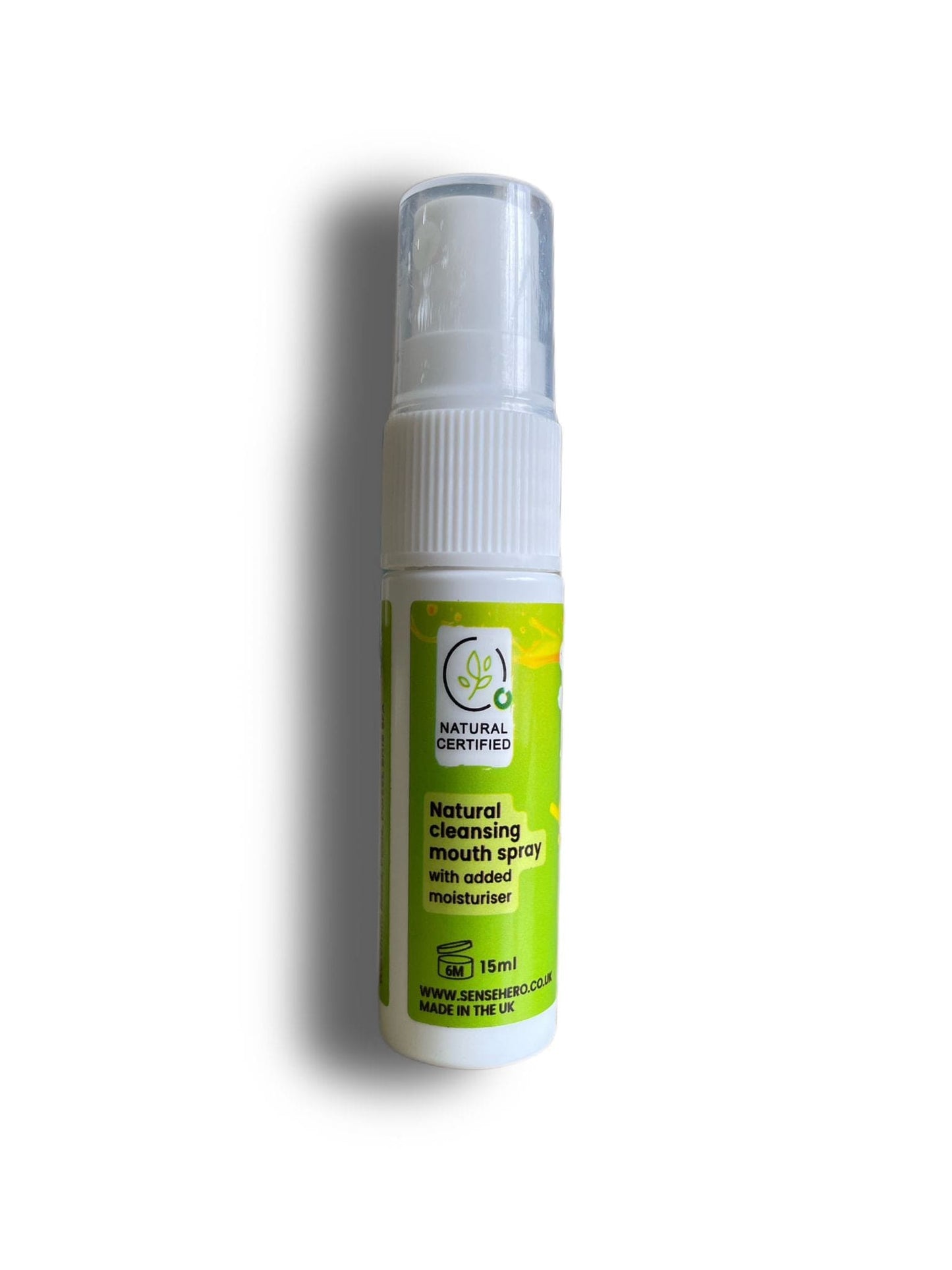

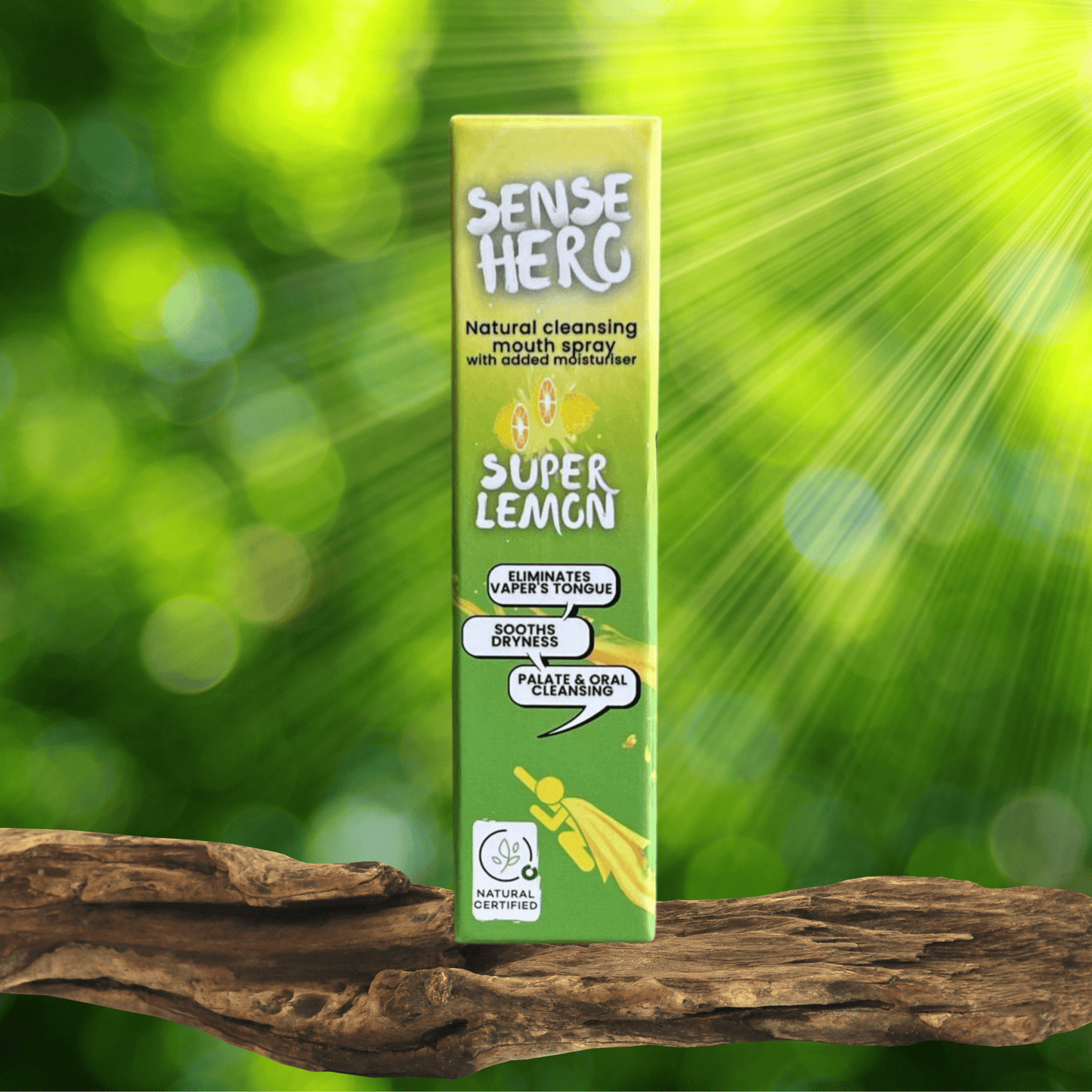
Sense Hero spray is not a medicinal product and is not intended to diagnose, treat, cure, or prevent any disease. Sense Hero Spray is designed for personal comfort.

